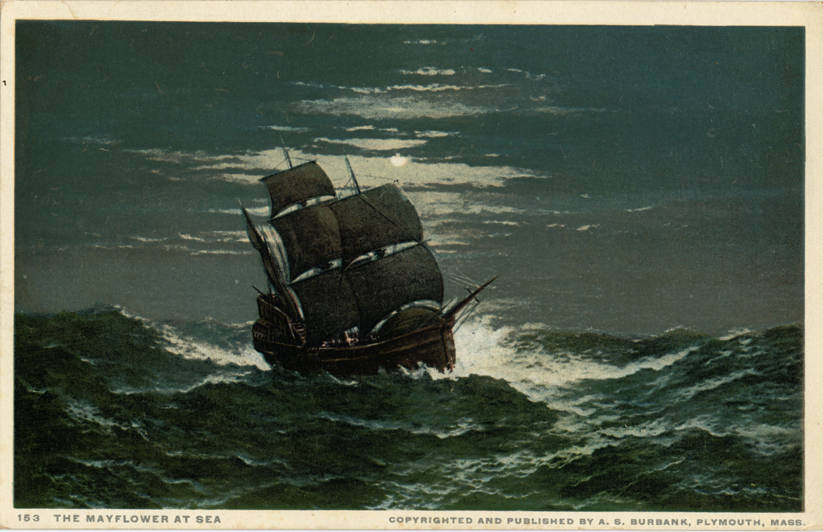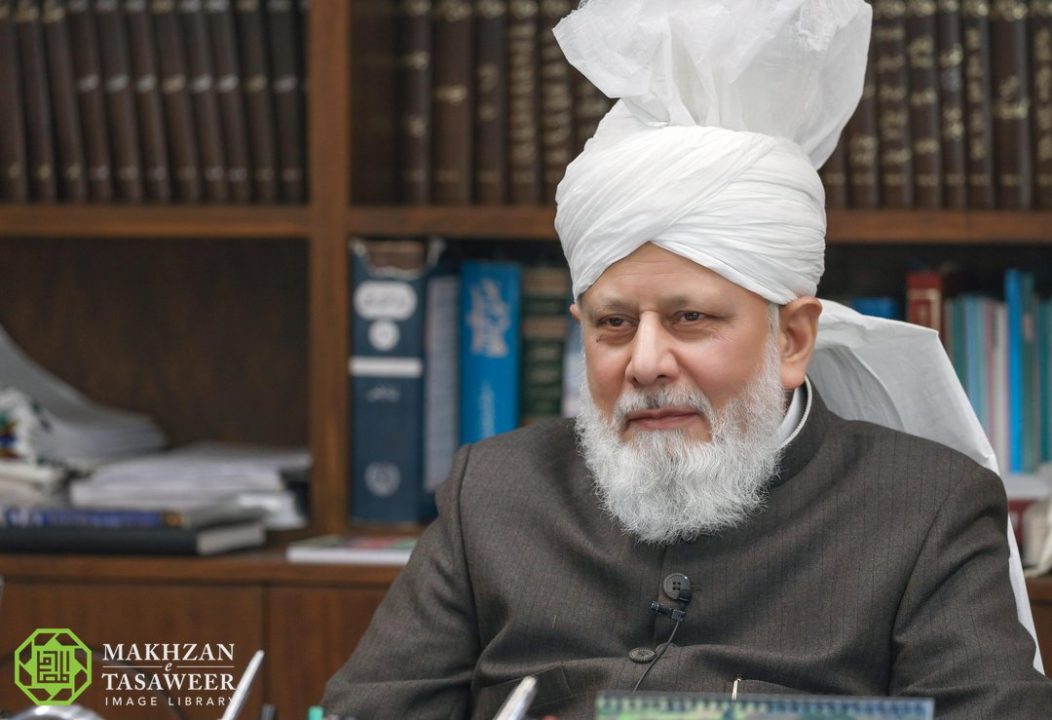There are dozens of ordinary ‘English’ words that originally came from languages historically associated with Islam, such as Arabic, Persian and Urdu.
Muslims have never been strangers to the West; we are as inseparable from its culture, history & heritage as our words are from its languages. And our contribution to its development can be found in any dictionary.
Mansoor Dahri, UK

Leadership is an important quality (an admirable one, I might add) and this is especially true if you are in charge of people’s lives on the high seas as a senior naval officer. The term ‘admiral’ was used in English by 1620 to refer to a commander at sea and similar terms exist in other European languages like the French ‘amiral’ and Spanish ‘almirante’.
All these terms have a common origin; their shared provenance is the Arabic word ‘amir’ (‘امير’) meaning ‘commander’, the root of which is ‘a-m-r’ meaning ‘command’. In Arabic, ‘amir’ is a general term and does not have the specific maritime connotations that would later develop in certain European languages. ‘Amir-ul-baḥr’ (‘امير البحر’) which literally means ‘commander of the sea’ is how you’d say ‘admiral’ in Arabic.
The word ‘amir’ is especially well-known throughout the Muslim world when it is used as part of the phrase Amir-ul-Mu’minin i.e. ‘Commander of the Faithful’, a theological title that is reserved for Caliphs, those who guide a community of believers after a Prophet of Allah has passed away.
In this day and age, there is only one man who is worthy of the title of Caliph:

This man is His Holiness Hazrat Mirza Masroor Ahmad (aba), the Fifth Caliph of the Ahmadiyya Muslim Community. Although we are a minority sect in Islam, the Ahmadiyya Muslim Community is the only sect of Islam that has been unified under one worldwide system of Caliphate for the last one hundred years.
We Ahmadis are blessed to be guided by a man of God and a man of peace; His Holiness has warned world leaders for over a decade about the dangers of an impending world war and the existential threat posed by nuclear weapons. As of 2024, the fierce geopolitical storm that has already begun to engulf the globe only grows ever more tempestuous and the whole world now feels lost at sea. Let’s hope and pray that political elites heed the words of a true leader before they steer us all into oblivion. Ameen.
About the Author: Mansoor Dahri is an online editor for The Review of Religions. He graduated from UCL in BA Ancient Languages.




I think symbolically it’s interesting as well, the close connection between religion/spirituality and boats/water. And then of course the story of Noah (as) ‘s ark etc.
As Khilafat is the rope of Allah, I think it’s significant too that boats rely on ropes to help keep people onboard during turbulent weather.
May Allah mian keep us all together and steadfast holding onto this rope inshaAllah Ameen!